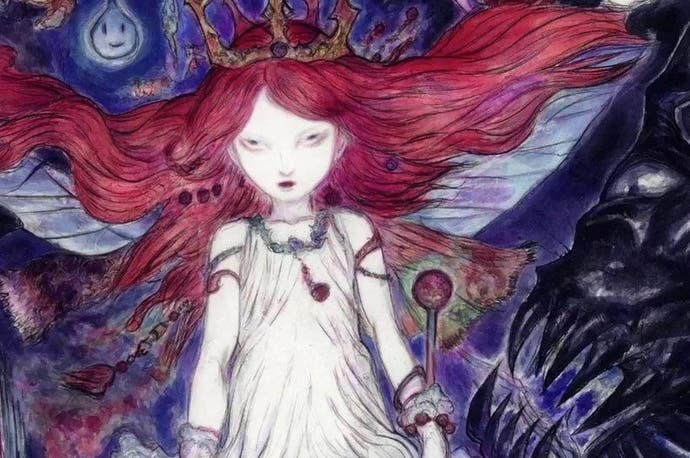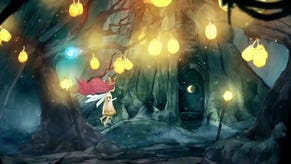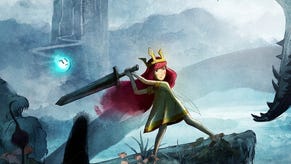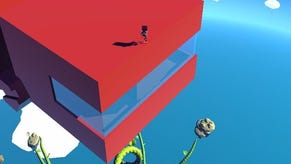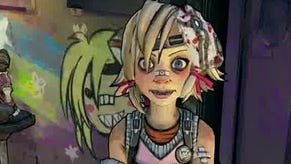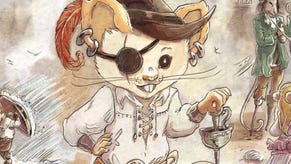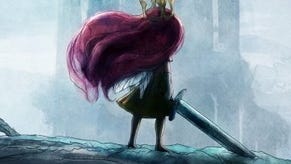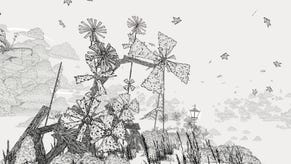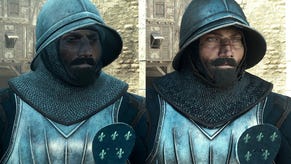The Ubisoft division where accountants and HR managers make games
Outrageous.
Patrick Plourde is fond of arboreal analogies. Actually, he's fond of frondescence - a word I only just looked up and now love - in general. Testify: "I always say the projects I work with are like a garden of flowers, because they're really fragile, because they're small." And: "If you take the context of Ubisoft Montreal, we're making these giant blockbuster games. How can you exist in the shadow of these giant trees? These sequoias! And we're growing flowers or little plants - that might become in the future sequoias themselves."
We ended up in the great outdoors because I'd asked Plourde how he describes his job, which is amongst the most unusual I've heard of in games - an environment in which almost everyone has an unusual job in the first place.
"How do I describe my job?" he wonders, after he's come down from the trees. "That's a long story. I don't know! Nobody asks me that question ever." Finally, he settles on: "I exist in the building."
That is not the total extent of it. For many years, Plourde was a creative director on large games. "Big projects, you know?" he explains. "Then I made Child of Light, because it was a passion project, and I wanted to do that. Once."
Making Child of Light, however, an elegant RPG awash with watercolours and lanced through with sunlight, lead him to realise that he was in a fortunate position. It wasn't just that he'd had a good idea, but that he also had the experience to understand how to get that idea to the point where it could become a game. "That meant I knew how to make a presentation. I knew the politics of the company. I knew how to make a trailer, how to get people excited," he laughs. "And talking about that, it made me realise that there's a lot of people who have great ideas, but they would have to relive my whole career in order to make their own Child of Light."
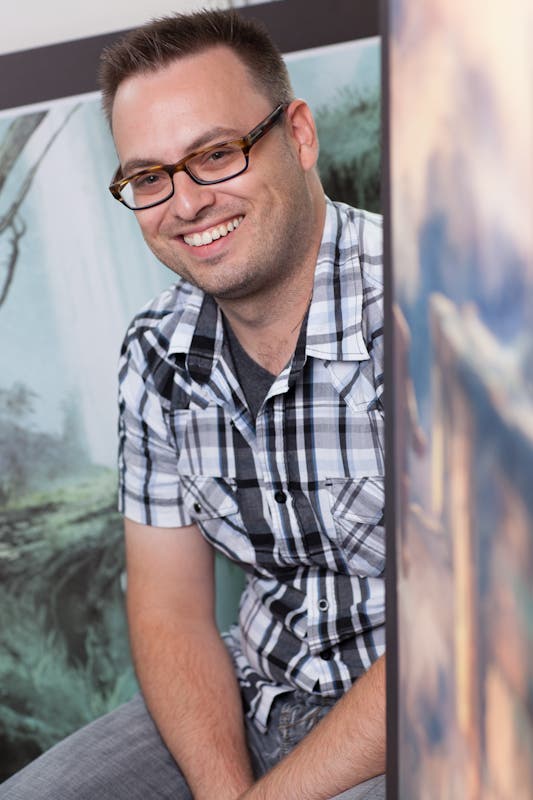
There becomes a point, then, when a company becomes so big that it must hire people to shortcircuit parts of it. This is where Plourde's current job comes in, as the boss of Fun House, a new Ubisoft initiative run out of Ubisoft Montreal. Fun House is weird. The best description I've heard is that it operates a bit like an internal venture capitalist organisation: it draws in strange new ideas that might take off, and it speculates on them, investing time and effort and people.
And within that, Plourde's job is actually pretty simple: "When someone presents an idea, my most important job is to see if there is potential. To identify that potential really early, and surround those people with expertise, with help, so that they can grow their idea like a little garden." And we're back to nature. Which seems inevitable, really.
Fun House is a small outfit that will never have more than 100 people involved at any one time. It will split them up across different teams, too, ensuring that there are always multiple projects underway. "We have a certain amount of freedom, in terms of creation and the subjects we can touch," says Plourde. "But that freedom comes with the fact that our production means are going to be limited compared with triple-A. That frames the idea in a concrete way and makes people realise they will have to think differently for solving problems."
At the moment, Plourde admits that Fun House is yet to truly "open the door", as he puts it. It's greenlit a few projects, however, one of which is Eagle's Flight, a VR experience that allows players to race through the skies of Paris. Crucially, the division is also working on a concept known as the Fun Box, a set of tools that will bring Fun House's true objective within reach, allowing every Ubisoft employee to pitch their own game idea.
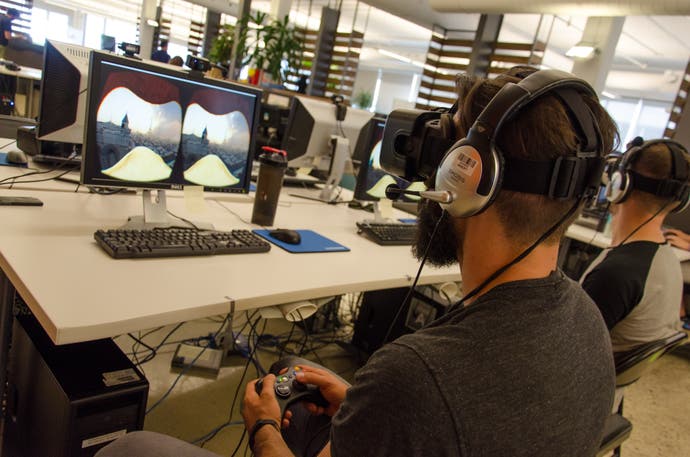
"The idea with Fun Box is a five-step process," explains Plourde, "It will help with identifying why you want to pitch the game, so you start looking inwards. And it will help people at least put it on paper. And after that it's steps to present your idea in a coherent way. So it's not going to be, 'Oh, I saw a good movie this weekend and it should be a game.' I want passion more than anything. I'm buying passion. If you see something and you think it's a business opportunity, that's great, but it's not Fun House."
What's potentially exciting about this, I think, is that Plourde isn't just talking about designers pitching ideas. It's anybody within the company: an accountant, an HR person, anyone at all. "They've never pitched a game ever," says Plourde. "Maybe they don't even understand the true nature of a game, so the Fun Box is there to help them articulate their idea in an easy way."
I ask Plourde if it's difficult to guess the work background of a person from the games they pitch. "People who have never made a game, they often have a great idea, but the game behind that is difficult to understand," he says. "How do you create mechanics, is there depth possible, or is the idea more like a movie? A lot of time you're going to have that: the logic of the game itself may be nonsensical when viewed by an expert in design.
"At the same time," he laughs, "I get pitches from experts at game design, and they just pitch you features. So that's why the Fun Box is important for them too, to allow them to step back and view the idea at a high level."
Ultimately - and to use an analogy that he would probably enjoy - I suspect that Plourde isn't ignoring his own roots. He may be tending flowers, but he hasn't forgotten the sequoias. "Great ideas can come from anywhere," he concludes. "Anyone can come up with a great idea. Generally, the Minecraft of this world, or Just Dance, it's not your creative director of a triple-A game that came out with those kind of breakthrough ideas. It's people who have different backgrounds. People who see life differently."
